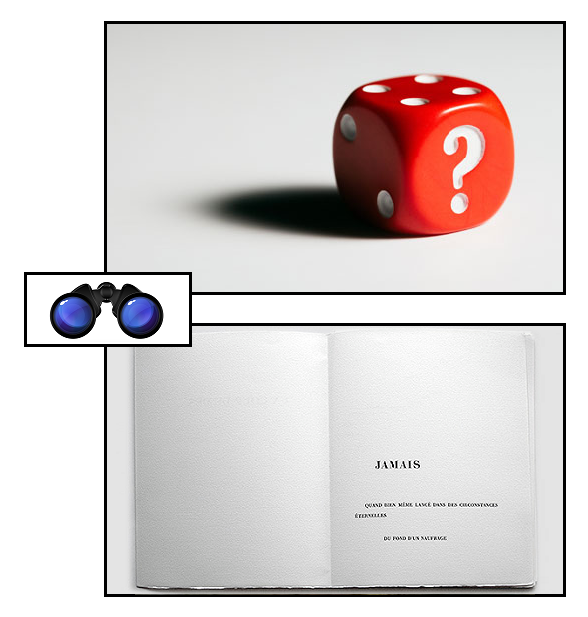[by J. Scott Shipman]
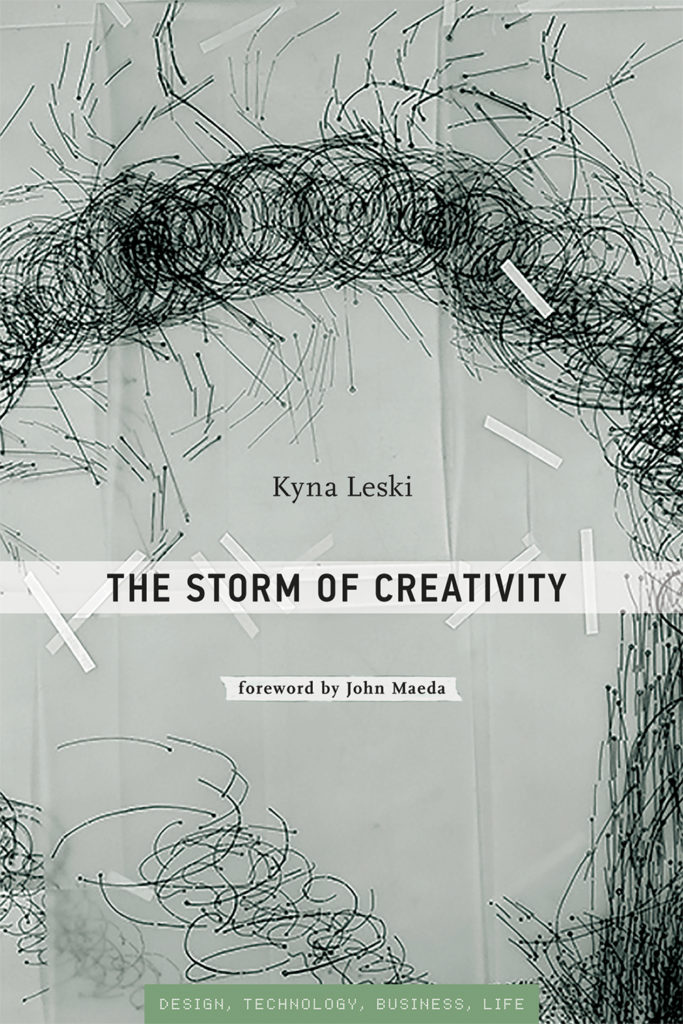
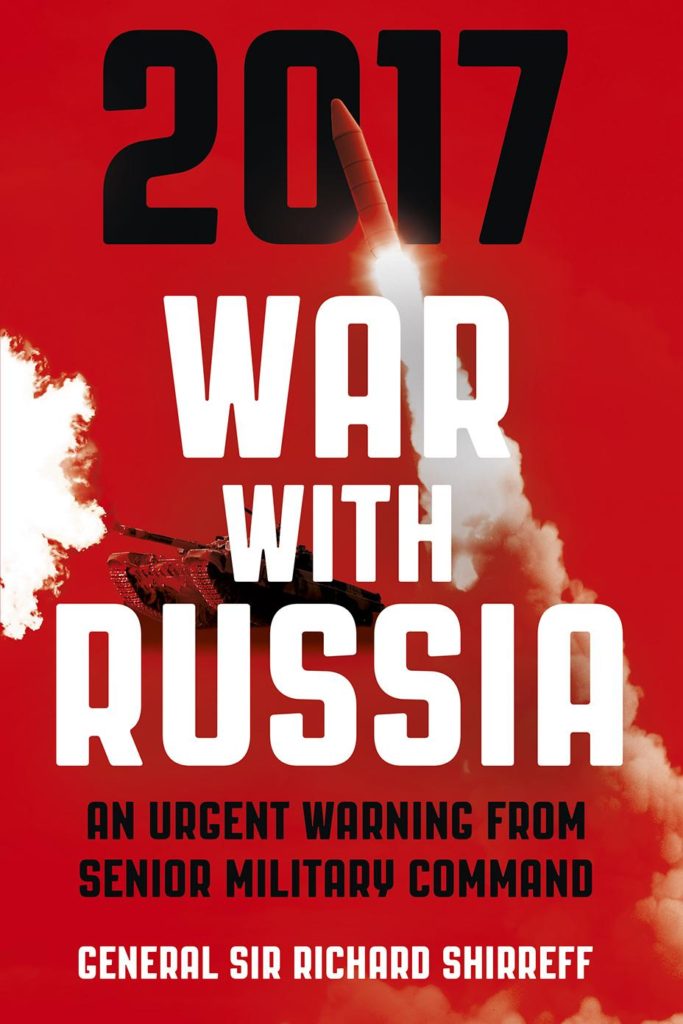
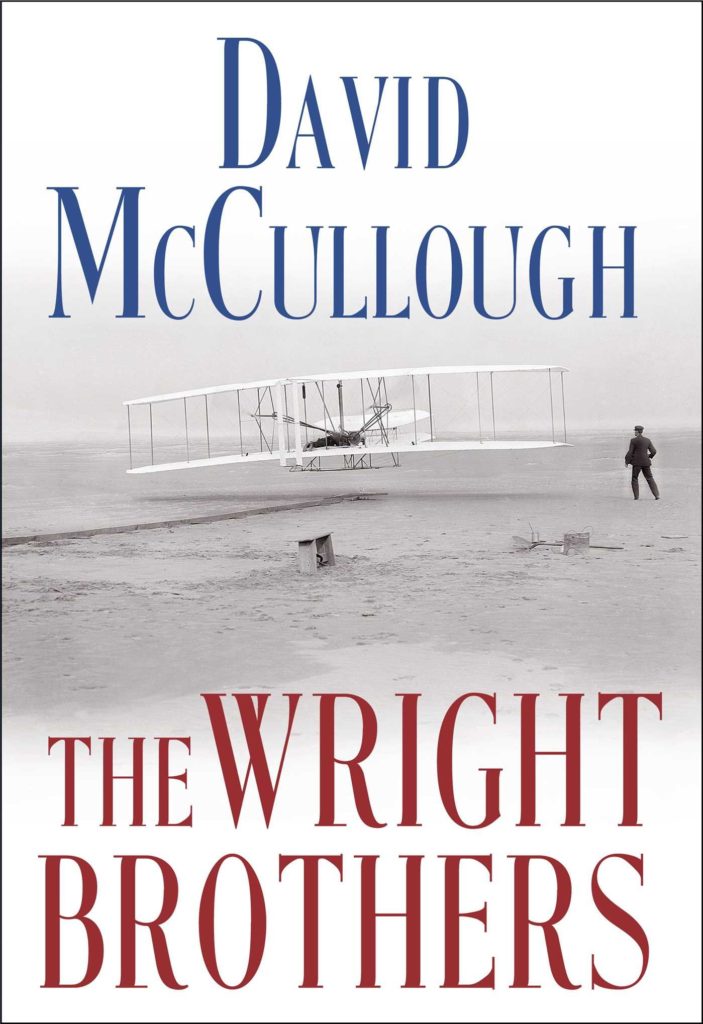
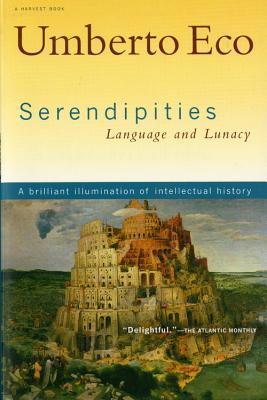
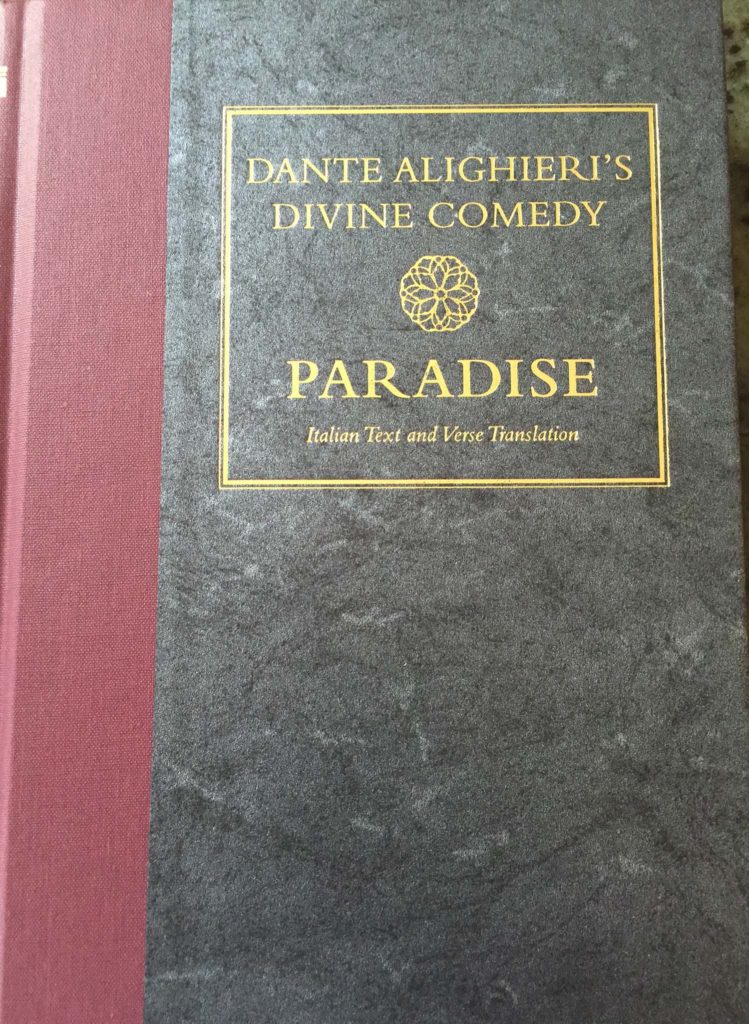
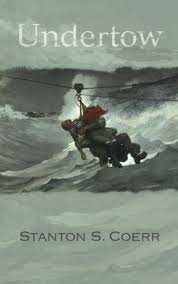


The Storm of Creativity, by Kyna Leski
2017 War With Russia, by General Sir Richard Shirreff
The Wright Brothers, by David McCullough
Serendipities, Language and Lunacy, by Umberto Eco
Paradise, Dante Alighieri, translated by Mark Musa
Undertow, by Stanton S. Coerr
The White Horse Cometh, by Rich Parks
Washington The Indispensable Man, by John Thomas Flexner
This list starts the first week of May, so perhaps the title should be Spring/Summer. Most of these books are quick reads and all are recommended.
I picked up Ms. Leski’s book at an MIT bookshop on a business trip in early May and read on the train ride home. Books on creativity are ubiquitous, but Ms. Leski takes an interesting approach by describing the creative process using the metaphor of a storm. Several ZP readers will find of interest.
2017 was recommended by a friend. The author was the Deputy Supreme Allied Commander Europe and the book focuses on a Europe/NATO response to a Russian invasion of the Baltics. Written in a Tom Clancy-like style, the plot is fast-paced even though the good general provides sometimes provides detailed insights into the inner workings of NATA and the North Atlantic Council (this is one of the values of the book—bureaucracy writ-large).
David McCullough’s Wright Brothers delivers an approachable and human accounting of the first men of powered flight. Some reviews on Amazon complain McCullough lifts and uses too many quotes to tell the story. At times the quotes were distracting, but not enough to prevent the enjoyment of the story of two brothers who changed the world. This book was a gift otherwise I probably would not have read.
Serendipities is a short book, but was a long read for me. Eco explains how language and the pursuit of the perfect language has confounded thinkers since time immemorial. He refers to Marco Polo’s unicorn (also used in his Kant and the Platypus which is excellent) explaining how language is often twisted to meet a preconceived notion or idea. The first couple of chapters were quite good, chapters three and four did not hold my interest or were over my head. The closing chapter was good enough to convince me I’ll need to read this little book again. (My Eco anti-library has been growing of late.)
Eco’s book led me to reread Musa’s excellent translation of Paradise. My son gave me the deluxe edition with parallel Italian and English, plus commentary. Eco referenced Canto 26 and 27, and I enjoyed the break so much I read the whole thing!
Undertow is my good friend Stan Coerr’s second book of poetry. His first book Rubicon was a moving collection of poetry of men at war. Undertow deals more with the heart and is quite good, too. You won’t be disappointed.
White Horse is also a book by an old friend, Rich Parks (we’ve known each other since the mid-80’s). White Horse is self-published and in places it shows, but the overall story is quite good for a first book (I’ve already told him his book would make an excellent screenplay.). The plot is quick and entertaining even if a bit unbelievable, but the story is fiction. Rich is following up with a sequel in August in 2016 and I’ll be reading it, too.
Mr. Flexner’s Washington was a gift, too. In this quick biography Washington is made approachable and human. And when I say “quick,” I mean quick…Trenton and Princeton took one chapter compared to David Hackett Fischer’s Washington’s Crossing which took up a standalone book. If someone were looking for a first Washington biography, this would be a good place to start.
This isn’t the conclusion of my summer reading, but a pretty good start.What are you reading this summer?










